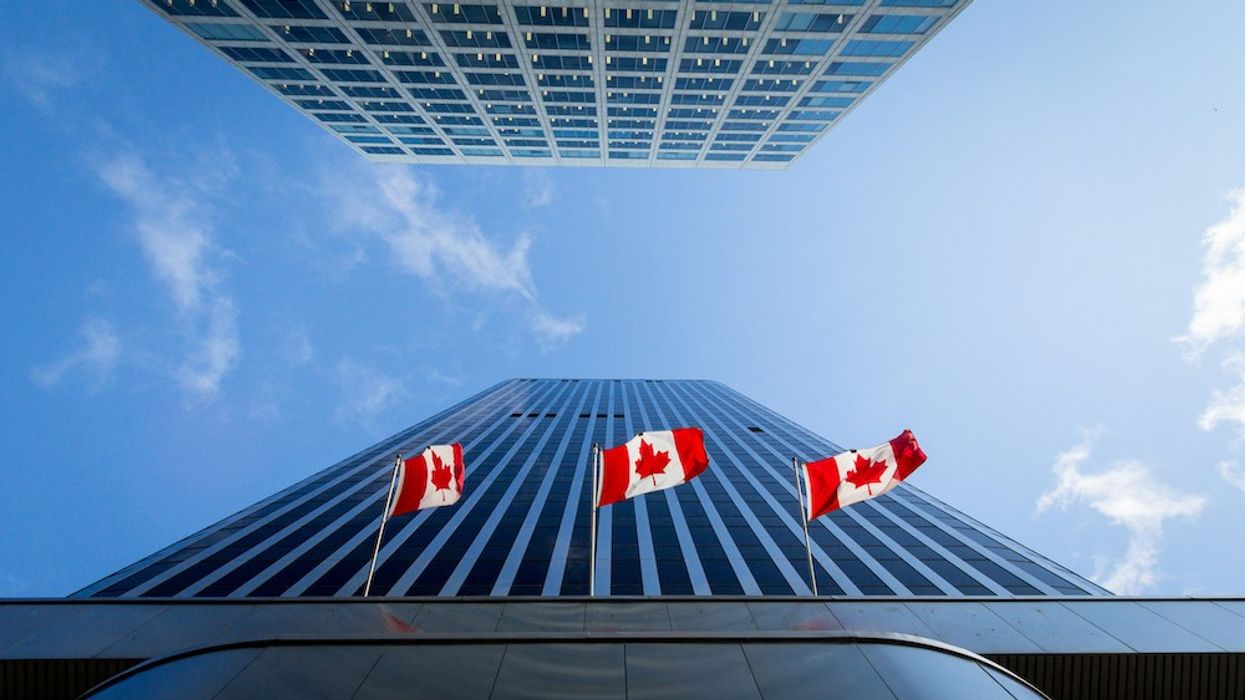Some optimistic news for those feeling the pain of interest rate hikes -- the Bank of Canada will take its foot off the monetary policy gas pedal... soon.
This is according to remarks made by Governor Tiff Macklem on Tuesday, as he and Deputy Governor Carolyn Rogers addressed the federal Standing Senate Committee on Banking, Trade and the Economy in Ottawa.
Macklem said that last week’s rate hike -- the sixth consecutive increase -- won’t be the Bank of Canada’s last, but that the end is in sight.
READ: Don't Call it a Pivot -- Real Estate Industry Reacts to Latest Rate Hike
“If we don’t do enough, Canadians will continue to endure the hardship of high inflation. And they will come to expect persistently high inflation, which will require much higher interest rates and, potentially, a severe recession to control inflation. Nobody wants that,” he stated.
If we do too much, we could slow the economy more than needed. And we know that has harmful consequences for people’s ability to service their debts, for their jobs and for their businesses. This tightening phase will draw to a close. We are getting closer, but we are not there yet.”
He points to stubbornly high inflation, which -- while slowing in recent months -- hasn’t eased enough to reduce the pressure on goods and services prices.
“About two-thirds of the components of the consumer price index (CPI) have risen by more than 5% over the last year,” said Macklem. “And rising prices for essentials like groceries and rent are hitting lower-income Canadians particularly hard.”
And, despite recession warning bells, the Canadian economy remains overheated, with job vacancies remaining high and businesses experiencing widespread labour shortages.
“With the economy now fully reopened, households want to enjoy many of the close-contact services they have missed, but businesses can’t keep up, and we have seen prices for services rise rapidly,” Macklem added.
However, the tougher interest rate environment the Bank of Canada has created is making its mark on growth, especially in interest-rate sensitive parts of the economy, such as big-ticket item spending and the housing market.
While the effect of these higher rates will “take time” to trickle down through the broad economy, they’re sure being felt by homebuyers and sellers in Canada’s biggest markets; the latest data from the Greater Toronto Area shows home sales plunged 49% in October, with the average sale price down on an annual basis for the second month in a row.
READ: More Than Half of Canadians are Worried About Mortgage Renewals
Macklem expects GDP growth to slow to close to zero over the next few quarters -- down to under 1% from 3.25% this year -- before picking back up to 2% in 2024. Once it does, the economy will “grow solidly” as the 2% inflation target is restored.
In a question and answer session following Macklem’s speech, the Bank of Canada officials were asked to what extent the federal government should be involved in the inflation fight. Rogers indicated that policymakers should focus on alleviating the supply and demand challenges that have ensnared consumer demand, in order to reduce inflation, stating, "We need to do our job, other policymakers need to do their job.”
Their comments came a day before the US Federal Reserve opted to hike its own benchmark interest rate by 0.75% – a widely expected move that brings the federal funds rate to 4%, and is sure to set the stage for a large Bank of Canada hike in its next announcement on December 7.





















